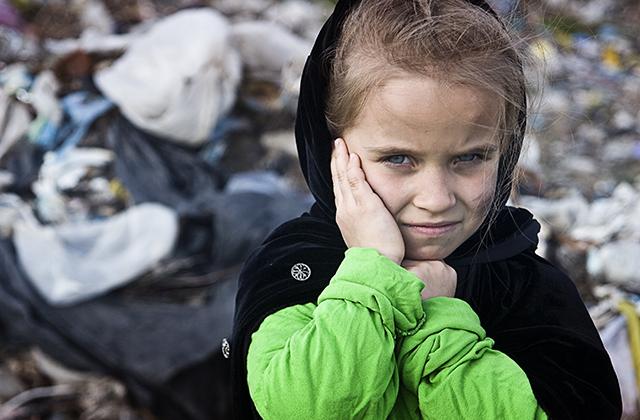Help us make the FRA website better for you!
Take part in a one-to-one session and help us improve the FRA website. It will take about 30 minutes of your time.
Lapset, nuoret ja ikääntyneet
Highlights
- Report / Paper / Summary20November2017International treaties, the Charter of Fundamental Rights of the European Union, European Union (EU) secondary law and national legislation provide a number of rights to citizens. The maps and tables presented show the various patterns concerning age requirements for children to acquire rights in the EU. They also identify inconsistencies, protection gaps and restrictions deriving from different age thresholds. The aim is to assist EU Member States in addressing these issues and to facilitate the EU in exercising its competence to support and coordinate Member States’ actions related to children and youth.


















